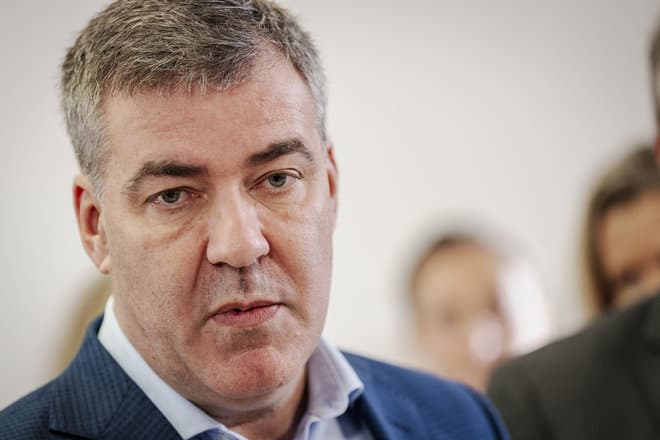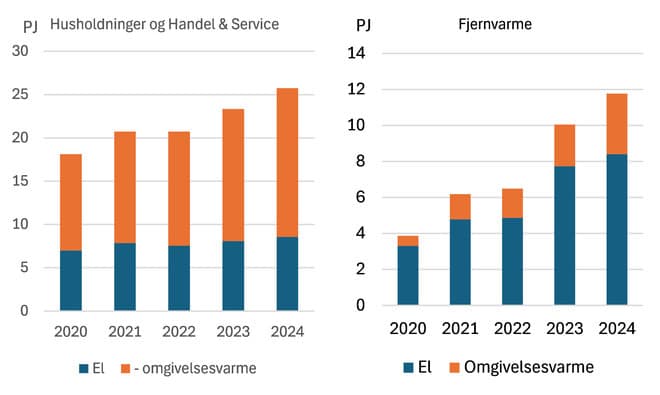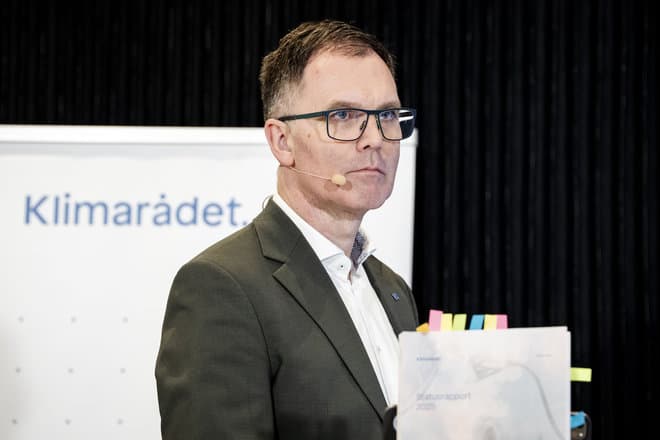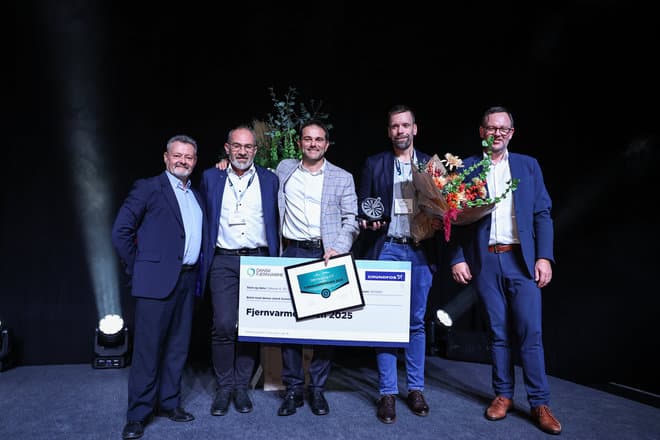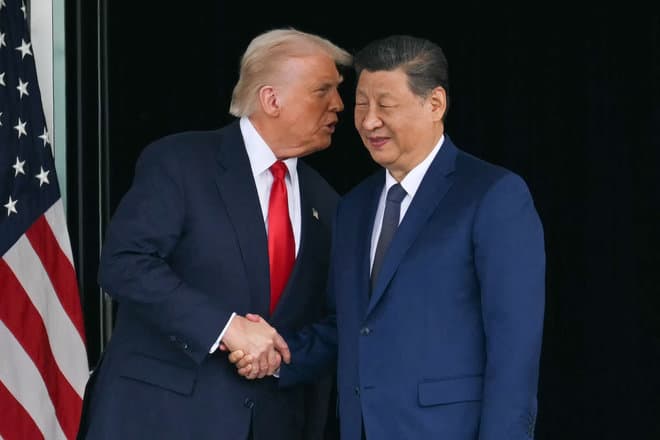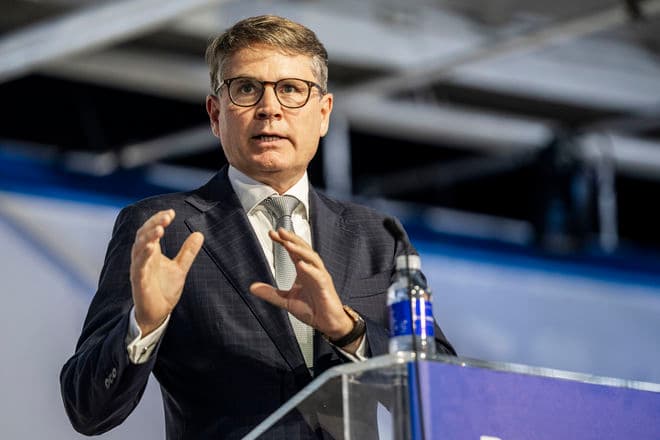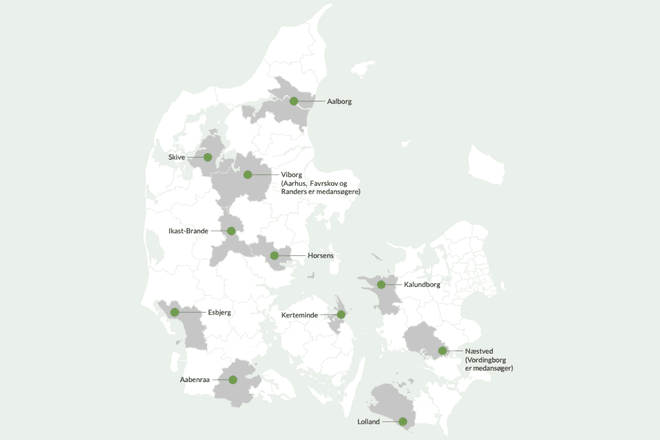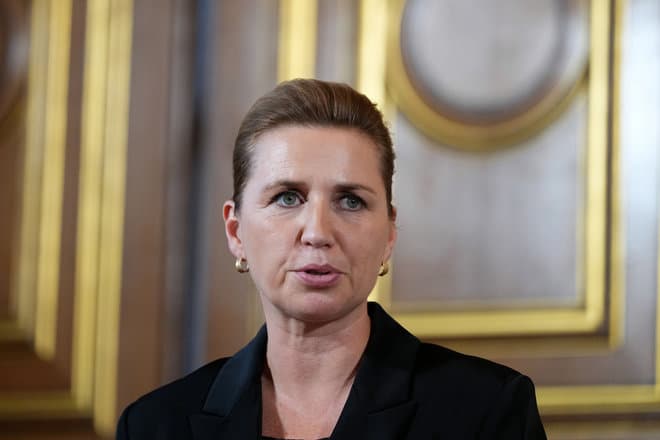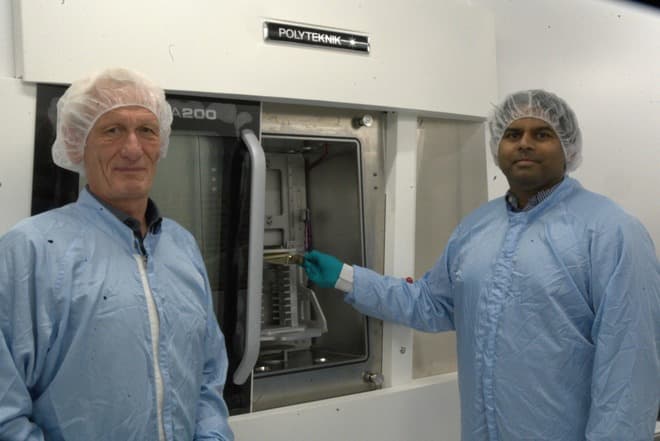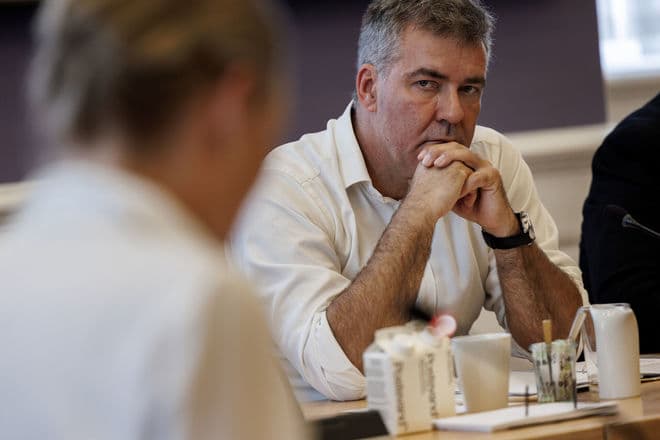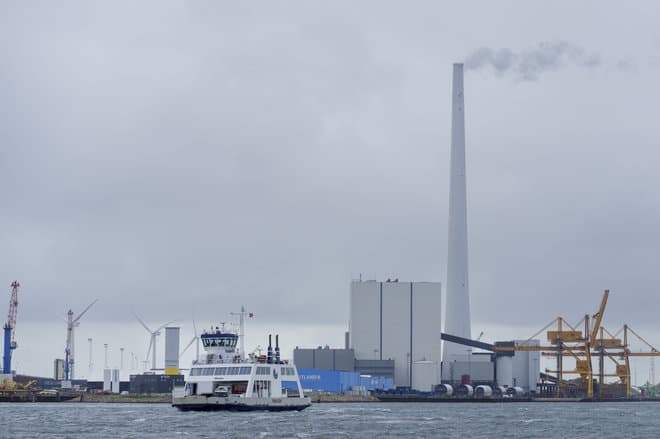
Mads Nipper was fired as CEO of Ørsted on Friday, whose shares have lost up to 80 percent of their value since the former Grundfos CEO took office four years ago.
But Nipper had no influence at all on many of the agreements and circumstances that have led to Ørsted's crisis. That's according to Jacob Pedersen, head of equity research at Sydbank, who follows Ørsted closely.
- Mads Nipper is only directly responsible for a small part of the problems that Ørsted is facing. He has been CEO during the worst possible period, when the world has simply changed quite a bit. Inflation has surged, interest rates have shot up, and the conditions for delivering a profit have changed quite a bit.
Almost inevitable dismissal
Nevertheless, the dismissal of Nipper was almost inevitable, believes Jacob Pedersen.
- It's about investor confidence. There are some human and psychological dynamics in the stock market that you have to deal with as a company. Even though it was the former CEO, Henrik Poulsen, who entered into the contracts that Ørsted has problems completing on time and within budget, it is Mads Nipper as CEO who has the ultimate responsibility. And the board has acted on that, says the analyst.
The current deputy CEO, Rasmus Errboe, will take over from Mads Nipper. And Jacob Pedersen understands why the replacement for Nipper has been found internally.
- Ørsted's business is enormously complex. That's why I think it makes good sense to choose someone who knows the company from the inside and who doesn't have to spend six months understanding the challenges. And here, in Rasmus Errboe, you also have someone who has faced some of the difficulties at his own table and has experienced how they have been responded to, says Jacob Pedersen.
Mads Nipper will resign immediately, and Rasmus Errboe will formally take office on 1 February.
/ritzau/
Text, graphics, images, sound, and other content on this website are protected under copyright law. DK Medier reserves all rights to the content, including the right to exploit the content for the purpose of text and data mining, cf. Section 11b of the Copyright Act and Article 4 of the DSM Directive.
Customers with IP agreements/major customer agreements may only share Danish Offshore Industry articles internally for the purpose of handling specific cases. Sharing in connection with specific cases refers to journaling, archiving, or similar uses.
Customers with a personal subscription/login may not share Danish Offshore Industry articles with individuals who do not themselves have a personal subscription to Danish Offshore Industry.
Any deviation from the above requires written consent from DK Medier.


